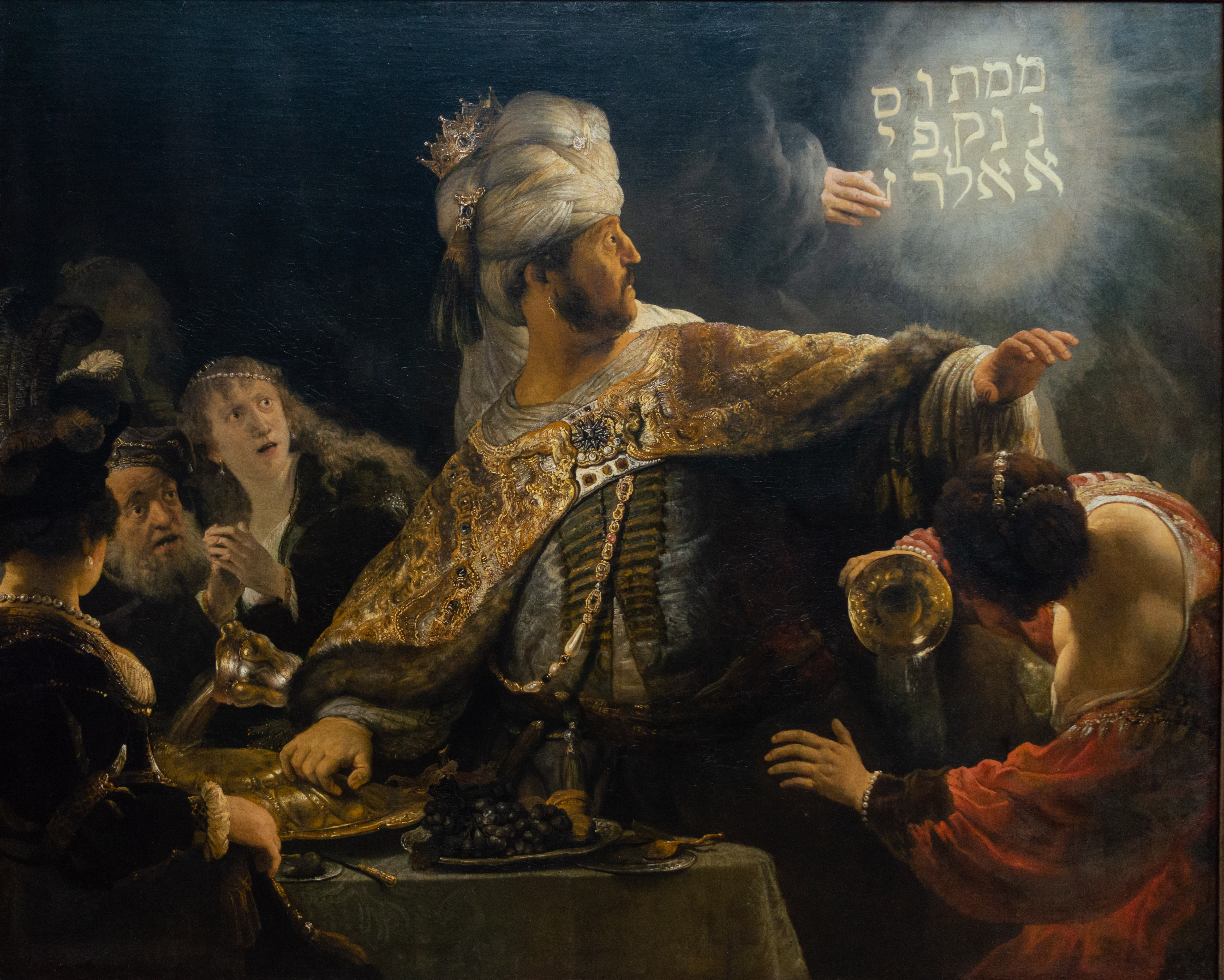“Now Is the Time to Walk in The Light of the Lord” by Sam Miller
O house of Jacob, come, let us walk in the
light of the Lord! Isaiah 2:5
"Peace be within you!" Because of
the house of the LORD, our God, I will pray for your good.
Psalm 122: 8b-9
Brothers and sisters: You know the time; it
is the hour now for you to awake from sleep. For our salvation is nearer now
than when we first believed; the night is advanced, the day is at hand. Let us
then throw off the works of darkness and put on the armor of light; let us
conduct ourselves properly as in the day. But put on the Lord Jesus Christ. Romans
13:11-13a,14a
“So, will it be also at the coming of the Son
of Man. Two men will be out in the field; one will be taken, and one will be
left. Two women will be grinding at the mill; one will be taken, and one will
be left. Therefore, stay awake! For you do not know on which day your Lord will
come. Be sure of this: if the master of the house had known the hour of night
when the thief was coming, he would have stayed awake and not let his house be
broken into. So too, you also must be prepared, for at an hour you do not
expect, the Son of Man will come." Matthew 24:39b-44
Piety
“May God bless us with every gift of the Spirit so that we may be watchful and
alert on the day of Christ’s coming. Amen” December 1st Morning prayer
Study
Despite all the
hype of the secular world (Strange seeing the wicked witch from Halloween standing
alongside Santa Claus.), today is the official beginning of Advent, a period of
preparation for the coming of Christ. This time will be a Season of increasing
wakeful, watchful awareness of the approach of Jesus, the Infant, and the Word
become flesh!
“…The Church
gradually formalized the celebration of Advent as a period of spiritual
preparation for Christmas. The Gelasian Sacramentary, traditionally attributed
to Pope St. Gelasius I (d. 496), was the first to provide Advent liturgies for
five Sundays. Later, Pope St. Gregory I (d. 604) enhanced these liturgies
composing prayers, antiphons, readings, and responses. Pope St. Gregory VII (d.
1095) later reduced the number of Sundays in Advent to four. Finally, about the
ninth century, the Church designated the first Sunday of Advent as the
beginning of the Church year.”
Advent
wreaths of evergreen are shaped in a perfect circle to symbolize God's
eternity. ‘(Interestingly,
the use of the Advent wreath was borrowed from the German Lutherans in the
early 1500s.)’ The
candles on the Advent wreath include The Prophets' Candle, symbolizing hope; the Bethlehem Candle, symbolizing
faith; the Shepherds' Candle, expressing joy; the Angel's Candle, symbolizing peace. We light them in that order.
“…Different faith expressions have different meanings for
the candles, but the main idea behind the candles is to designate the four
weeks, the progression, sense of expectation, anticipation, and increase of
light," said the Rev. Tommy Davidson of Riverside Baptist Church in Newport
News. "We believe Jesus is the light of the world, and he brings light
into this world, so as you go through the four Sundays, you increase the light
in the world as the anticipation grows."
“…Three
candles are purple, symbolizing penance, preparation, and sacrifice; the pink
candle symbolizes the same but highlights the third Sunday of Advent, Gaudete
Sunday, when we rejoice because our preparation is half-way finished. The light
represents Christ, who entered this world to scatter the darkness of evil and
show us the way of righteousness. The progression of lighting candles shows our
increasing readiness to meet our Lord.”
Christians turn to Advent as a time of light and preparation. (By Natalie Joseph njoseph@dailypress.com Nov 26, 2016, and www.catholicstraightanswers.com)
Action
Dear Lord, please help me to prepare appropriately
for Your arrival from Day 1, despite the fact I know You’ve Already Arrived! Bring
new light to my heart to find new wonder in the gift of Your Incarnation and to
see Your gentle urgings to discover ever more of You and Your ways that I may
ever walk in Your light. In Jesus’ name, I pray! Amen.









